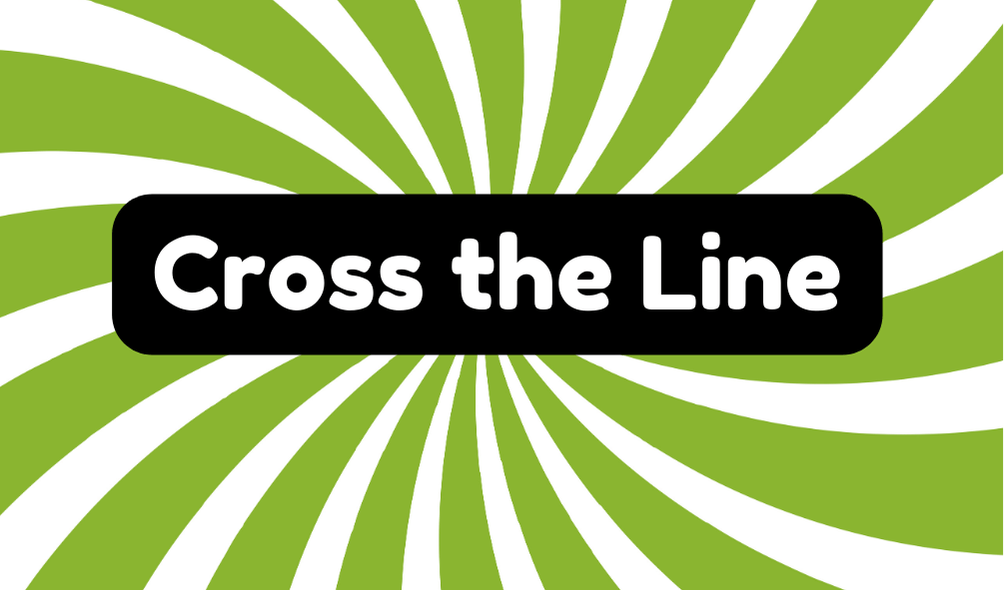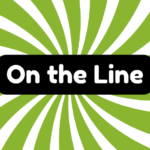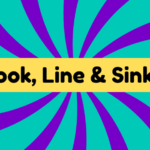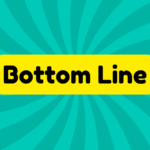"Cross the line" means to violate social norms or acceptable behavior. This phrase, dating back to 1604, originally related to maritime traditions, where crossing the equator marked significant events. In today's context, it often describes offensive actions, such as making inappropriate comments or disrespecting others. For instance, if someone badmouths a family member, they're clearly crossing a line. The phrase's evolution reflects changing expectations of behavior. To navigate today's shifting boundaries, you need to recognize what crossing the line looks like, particularly in social media and workplaces. There's more to this topic that can expand your understanding.
Synonyms
When you think about crossing the line, several synonyms come to mind that capture the essence of overstepping boundaries. It's essential to recognize how these terms highlight unacceptable behavior and boundary violations. Here are some phrases that reflect this sentiment:
- Transgressing limits
- Breaking the rules
- Overstepping bounds
- Shattering societal norms
- Exceeding appropriateness
Using these synonyms can deepen your understanding of how crossing the line manifests in various contexts. Each term emphasizes the seriousness of the action, pointing out that it's not just a minor slip; it's an outright violation of what society deems acceptable behavior. So, when you encounter instances of crossing the line, consider these terms—they can sharpen your perspective on boundaries and their significance.
Example of Sentences
It's clear that crossing the line can happen in countless situations, and expressing these scenarios through example sentences helps illustrate the concept effectively. When you see boundaries being crossed, it's often a reflection of poor consequences behavior against established social norms. Here are some examples:
- "This newspaper crossed the line; the article's tone offended many readers."
- "When he badmouthed her brother, he genuinely crossed the line."
- "Your comments about my work just crossed the line."
- "The series finale crossed the line; it was disrespectful to fans."
- "His joke at the party didn't just push boundaries; it crossed the line completely."
These sentences underscore how easily lines can be crossed, showing the need to recognize and respect boundaries.
Origin
Understanding the origin of the phrase "cross the line" reveals its interesting roots in maritime history. This expression connects to ancient maritime rituals where sailors celebrated crossing the equator for the first time. These ceremonies held significant meaning for crew members, often leading to wild parties.
Here's a closer look:
| Element | Details |
|---|---|
| Historical Source | Dates back to 1604, Edward Grimeston |
| Notable Mention | José de Acosta's writings |
| Maritime Rituals | Ceremonies for crossing equator |
| Cultural Impact | Reflects societal behavior expectations |
While these traditions once sparked joy, today, the phrase warns of crossing socially accepted boundaries. It's a reminder of how history shapes our language and ideas.
Collocations
In today's discussions about acceptable behavior, certain collocations enhance the meaning of "cross the line." Phrases like "crossing the line" often pop up in conversations about moral boundaries, indicating a clear shift towards unacceptable actions. Here are some common collocations that highlight crossing boundaries in our interactions:
- Cross the border of decency
- Overstep the limits of acceptable behavior
- Push the boundaries of respect
- Step over the edge of common sense
- Violate social norms in community settings
These phrases remind us that understanding acceptable behavior isn't always straightforward. Sometimes, you might feel confused about what's acceptable. Awareness of these collocations helps you navigate the tricky waters of social interactions without inadvertently crossing those important lines.
How to Use in Everyday Language
When discussing behavior in conversations or on social media, you can easily incorporate the phrase "cross the line" to express disapproval or concern. This term is useful in various everyday applications, whether you're addressing inappropriate remarks or questionable actions. For instance, if someone shares offensive content, you might say, "That crossed the line." Using this phrase signals your cultural interpretations of acceptable behavior, emphasizing the significance of boundaries. It also serves as a reminder that norms exist for a reason, and deviating from them can lead to backlash. By using "cross the line" thoughtfully, you can contribute to healthier discussions in your circles while encouraging awareness about personal limits and societal expectations.
Why Is It Still Relevant Today?
Across various aspects of contemporary life, the phrase "cross the line" remains significant as it directly addresses the shifting boundaries of acceptable behavior. In today's fast-paced society, understanding social boundaries and behavioral norms is essential. People often grapple with where to draw the line, especially online, in workplaces, and in personal relationships.
| Context | Behavior | Consequence |
|---|---|---|
| Social Media | Offensive comments | Cancel culture backlash |
| Workplace | Unprofessional conduct | Job loss or reprimand |
| Personal Life | Disrespecting friends | Loss of trust |







